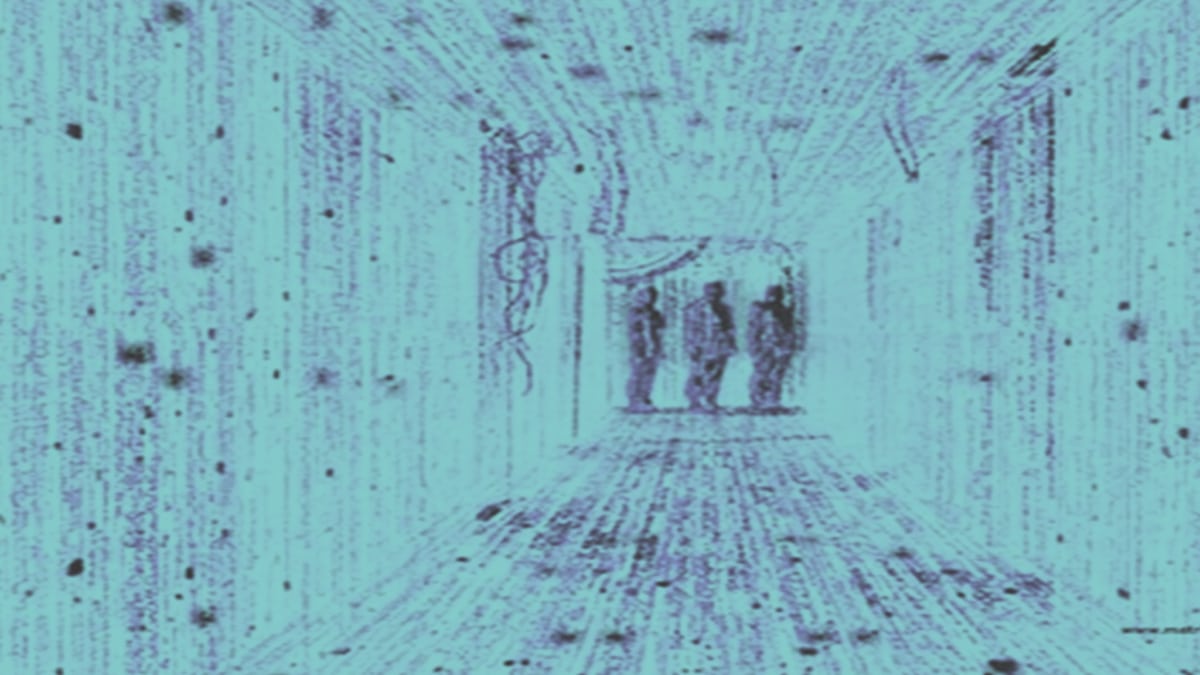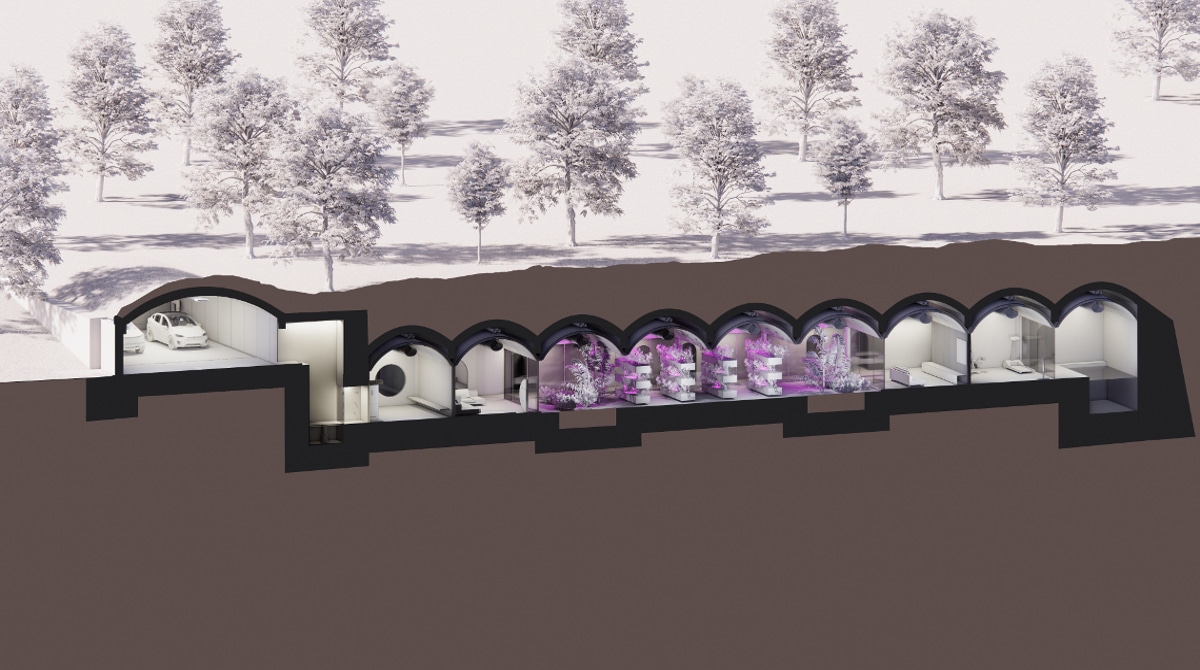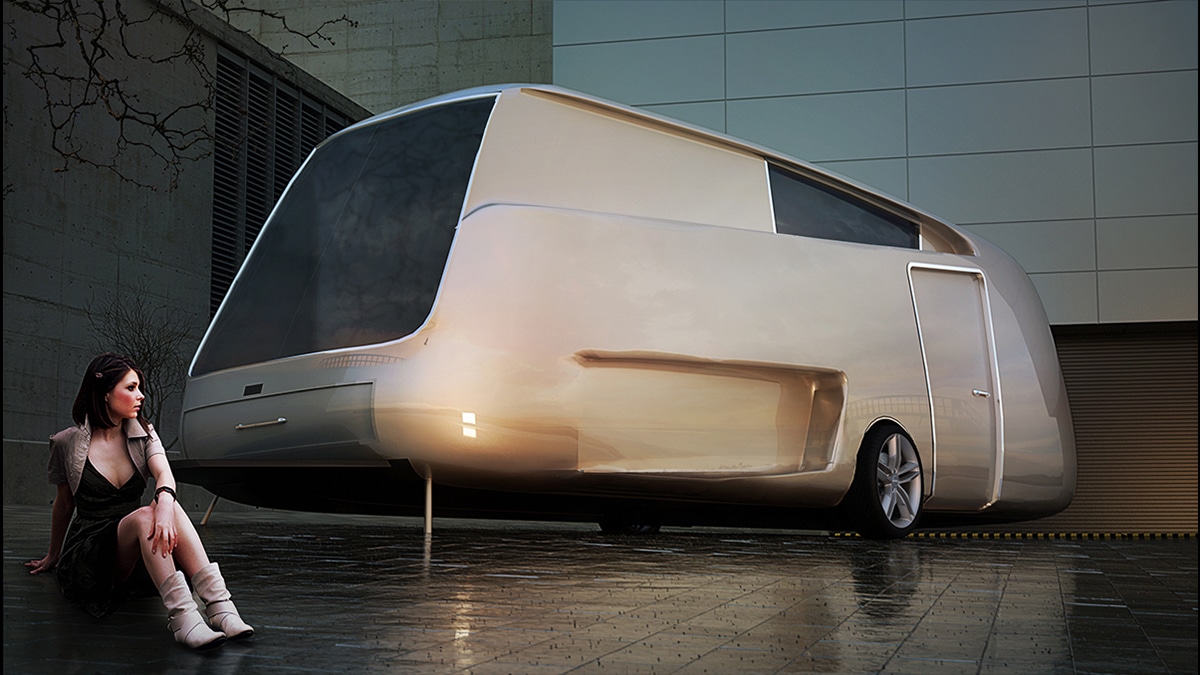Para español, leer debajo de las imágenes…
How to respond to a constantly changing society? In architecture, we often face this question, especially in today’s volatile times.
In the book “Who Moved My Cheese”, Spencer Johnson contrasts the spontaneity of a mouse in the face of unexpected changes, versus to the frustration of humans due to the incapability to adapt as a result of an overly rational analysis of reality.
Buckminster Fuller stated that while the man of the earth must rely on rationality as a response to a scenario of firm lines and binary solutions, the man of the sea is guided by intuition as a compass in the face of the ambiguity and complexity of his reality.
If we compare the new society with a liquid, as Zygmunt Bauman does, it is easy to identify intuition as the new Rosetta stone that allows us to adapt to the current complex context. In this new reality, it is necessary to divest oneself of knowledge and act with spontaneity.
The virtualization of reality is also evaporating the limits of our environment. Digital technology is accelerating changes. Embracing the atomization of traditional structures through the virtuality of creative processes is a way of providing rapid and flexible responses to the new reality.
To be able to enjoy the “cheese” in a constantly changing reality, it seems necessary to embrace spontaneity, intuition, and virtuality as the new tools on which to navigate…

Quesos, Líquidos y Virtualidad
¿Cómo dar respuesta a una sociedad en permanente cambio? En arquitectura esta es una pregunta a la que nos enfrentamos frecuentemente, en especial en momentos volátiles como los actuales.
En el libro “¿Quién se ha llevado mi queso?”, Spencer Johnson contrasta la espontaneidad de un ratón frente a cambios inesperados con la frustración del ser humano debido a su incapaciad de adaptarse debido a un excesivo análisis racional de la realidad.
Buckminster Fuller afirmaba que mientras el hombre de la tierra se basa en la razón como respuesta a un escenario de líneas firmes y soluciones binarias, el hombre del mar se guía por la intuición como brújula ante la ambigüedad y complejidad de su realidad.
Si se compara la nueva sociedad con un líquido, tal y como lo hace Zygmunt Bauman, es fácil identificar a la intuición como a la nueva Piedra Rosetta que permita adaptarse el complejo contexto actual. En esta nueva realidad, es necesario despojarse del conocimiento y actuar con espontaneidad.
La virtualización de la realidad está también evaporando los límites de nuestro entorno, la tecnología digital está acelerando los cambios en nuestro entorno. Adoptar la atomización de las estructuras tradicionales a través de la virtualidad de los procesos creativos es una manera de dar respuestas rápidas y flexibles para la nueva realidad.
Para poder disfrutar del “queso” en una realidad en permanente cambio parece necesario abrazar la espontaneidad, la intuición y la virtualidad como las nuevas herramientas sobre las cuales navegar…







